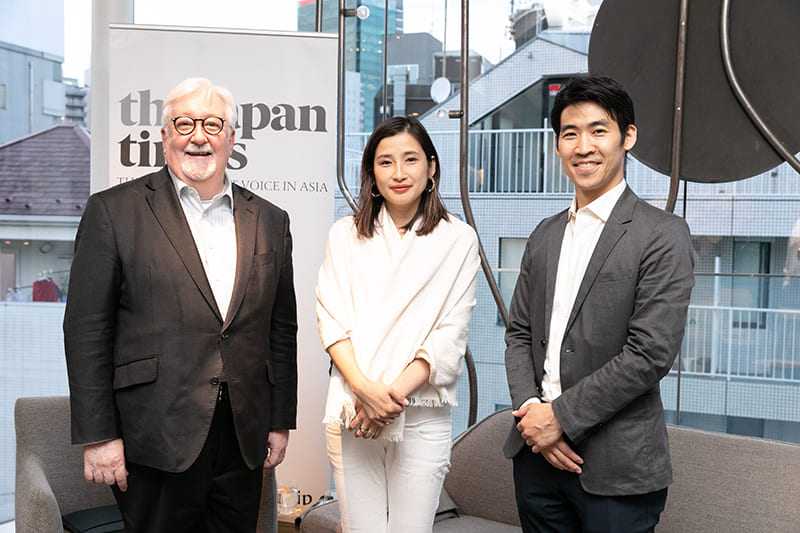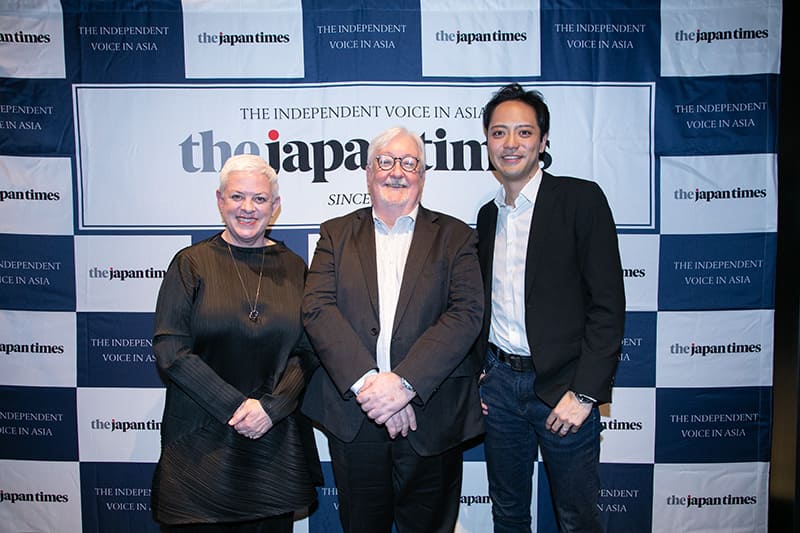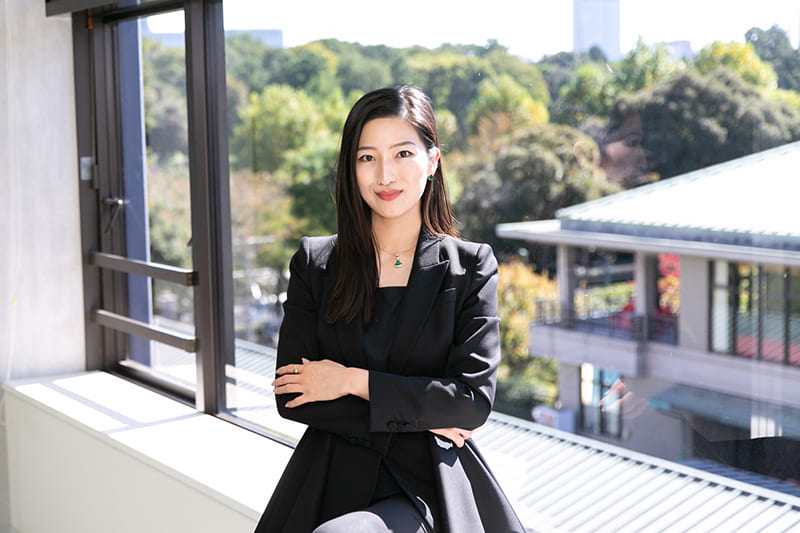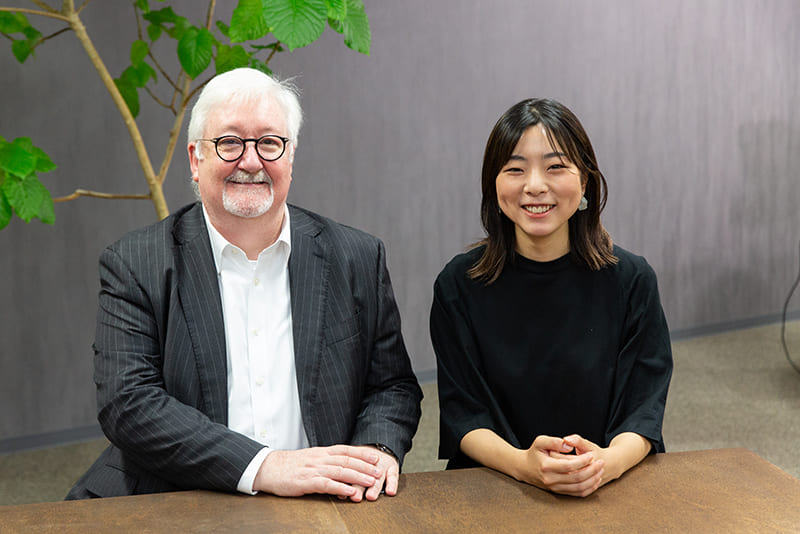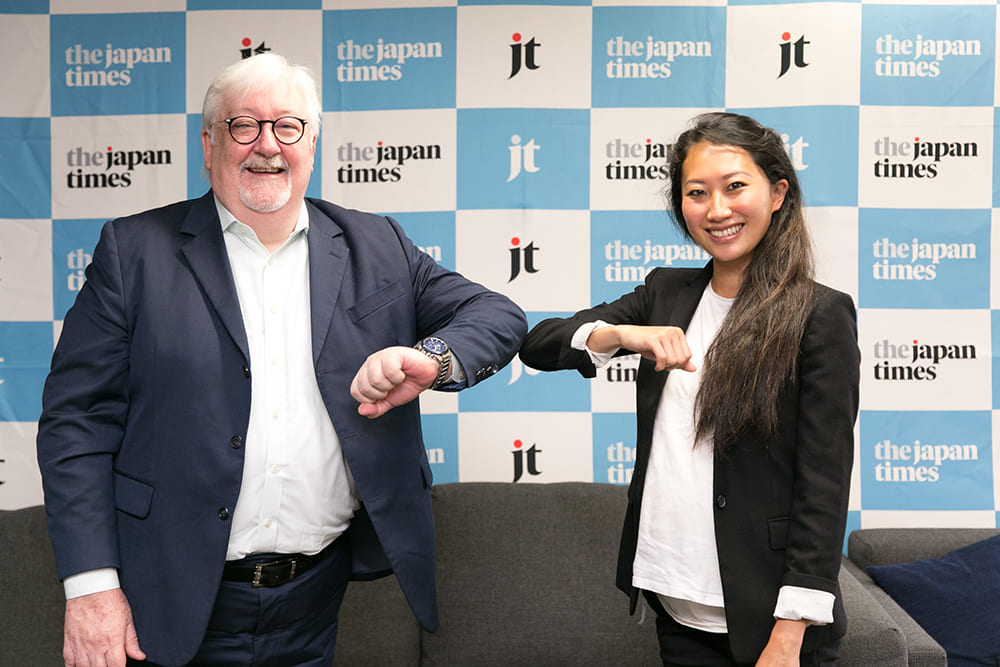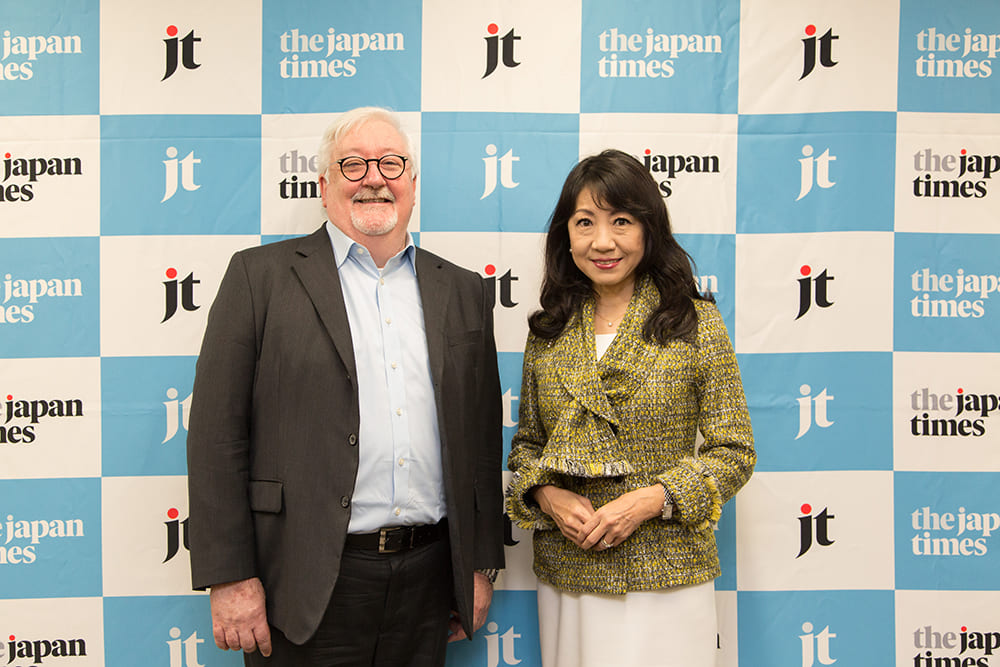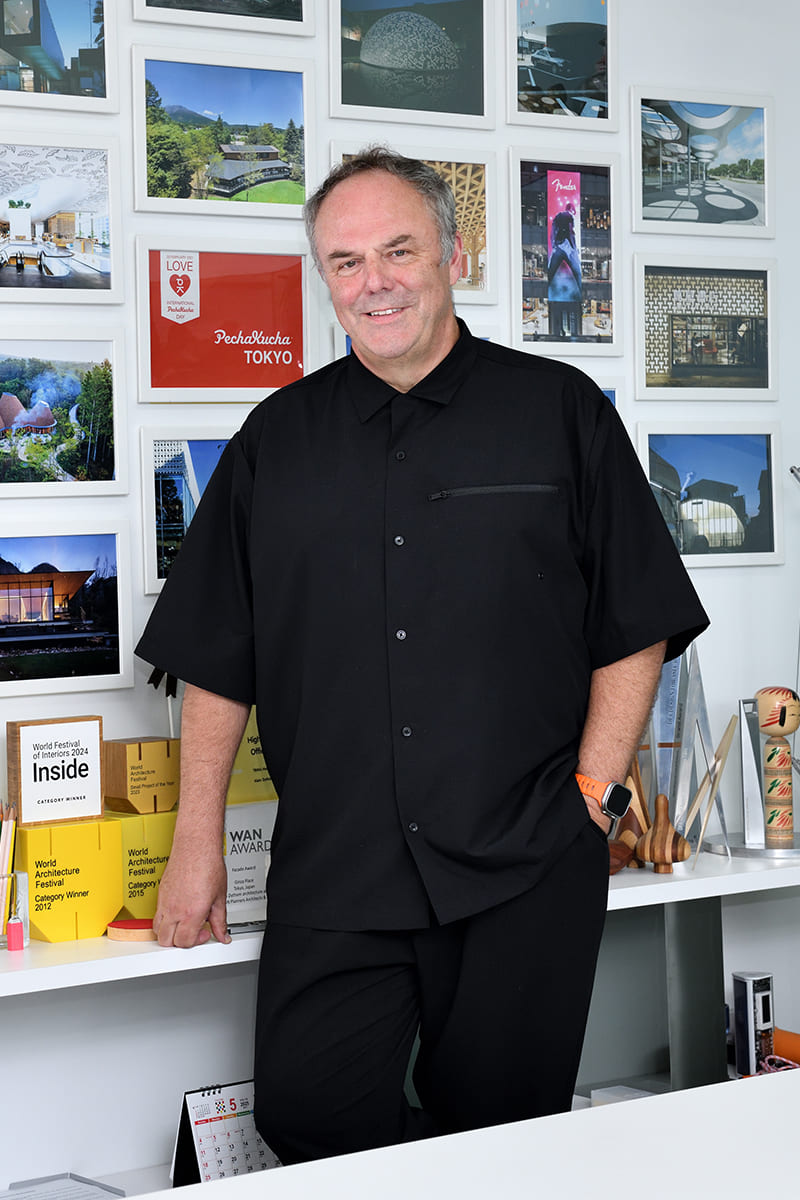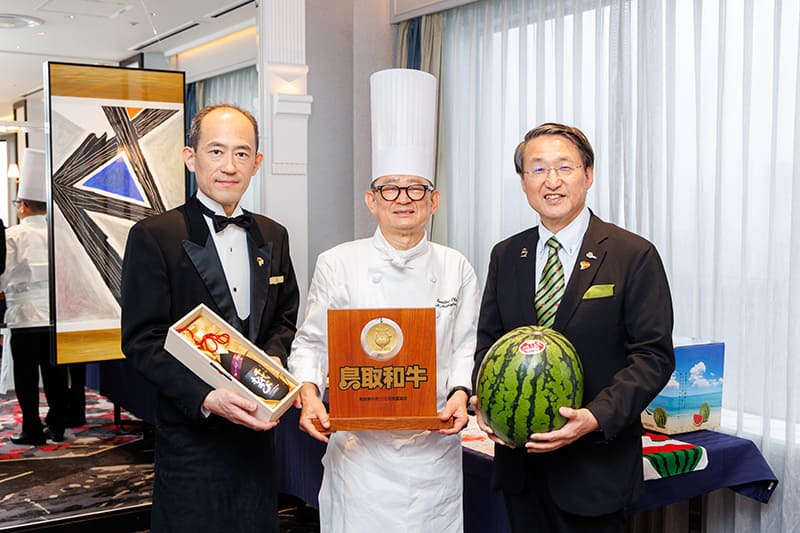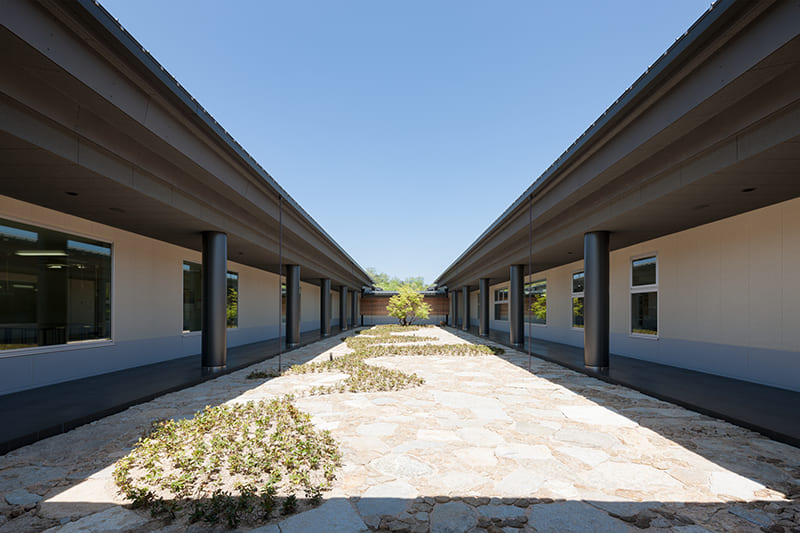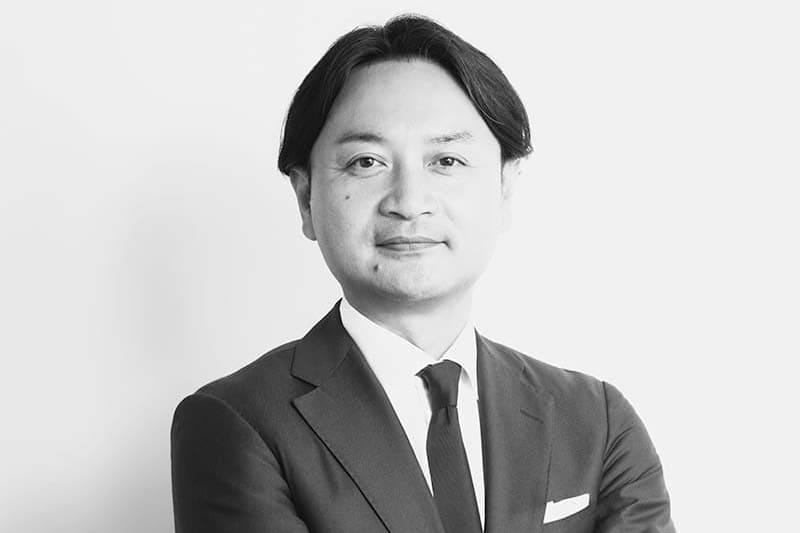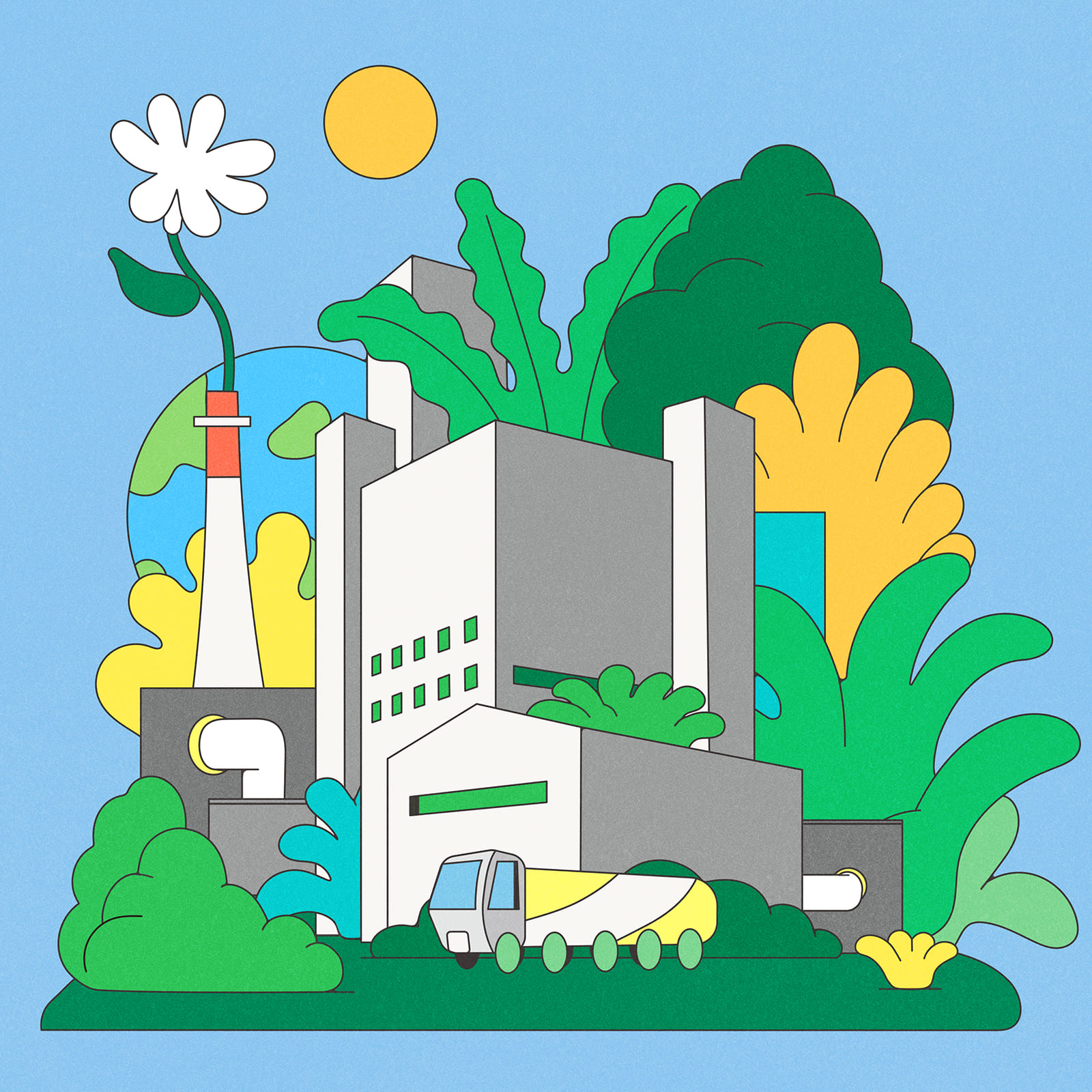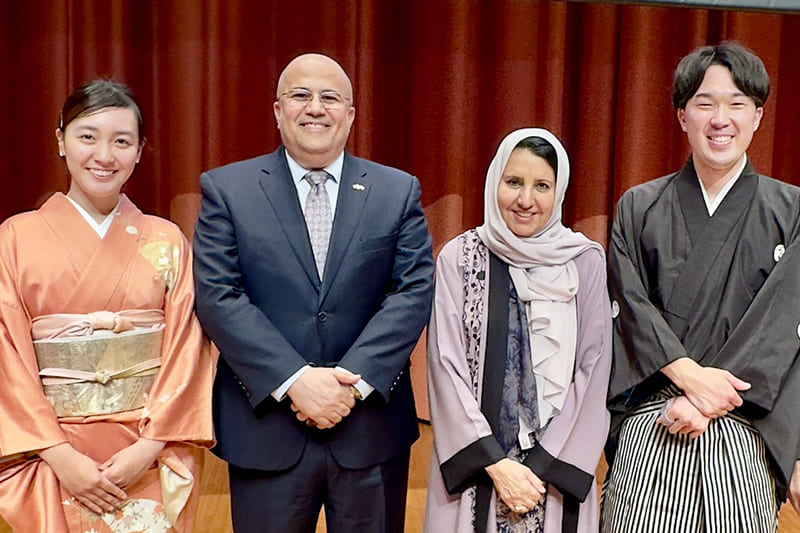May 13, 2022
For ‘water optimizer’ company Brita, every drop counts
Contributing writer
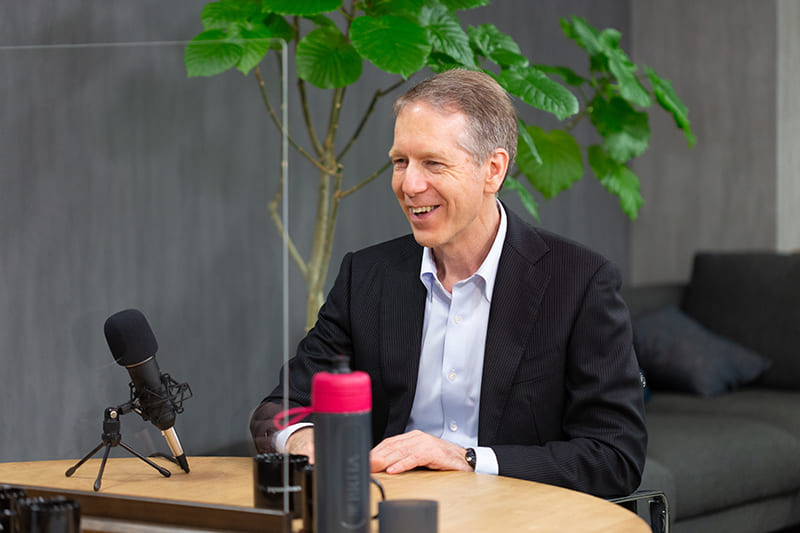
Finding and defining a company’s purpose is not an easy task, and once found, it is even harder for a company to keep that focus as it grows and evolves while trying to respond to consumer demands and the vagaries of the market. But for Managing Director Michael Magee and the team at Brita Japan, they know their North Star is to help create a more sustainable world.
“Since the company is so much about sustainability, it tends to attract people who are already quite sustainability-minded to begin with,” Magee said. And it shows. From working on the Green Project, a reforestation at Mount Fuji done with an organization called Donguri no Kai, now 10 years running and originally conceived to preserve water runoff and the water table, as well as partnering with sustainability projects in the city of Kameoka west of Kyoto, sustainability is more than just company and employee branding — it is at the core of what Brita does.
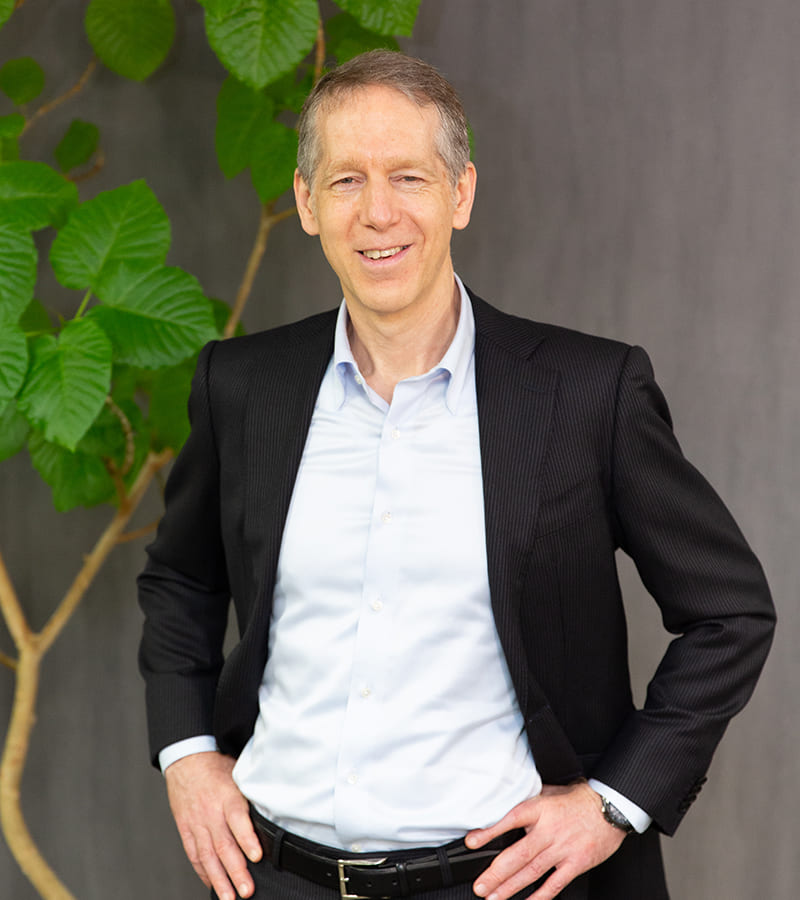
With so many companies today claiming to be on the sustainability club guest list, how would Magee personally define success for Brita? Easy: “If you ask a consumer for some sustainable brands and Brita came out near the top of that list, that would be a good outcome.”
Magee sat down with Ross Rowbury for The Japan Times Sustainability Roundtable’s 19th iteration to explain what Brita is doing to get on that list.
Brita was founded in 1966 in Taunusstein, Germany, by the entrepreneur Heinz Hankammer, who had looked at existing water filtration systems and saw a need for providing water filtration to the consumer market. Brita, which according to Magee considers itself to be a “water optimizer” and now has a presence in over 70 countries, is perhaps best known to the Japanese consumer by its water jugs with built-in filtration systems. Brita’s main function is to rely on the waterworks to supply the water, and then through its filter attachments optimize that water for the consumer by taking out any taste of residues such as chlorine.
An awakening in the forest
So how did Magee come to be working for Brita Japan, a company with sustainability at its core, while finding his own purpose along the way? It all began while growing up on Hokkaido, where Magee had the great opportunity to surround himself with nature, going camping, kayaking and hiking. While hiking in the forest, Magee often came across trash on hiking trails, leading him to recognize the contrast between the beauty of nature and its fragility when disregarded.
Despite Hokkaido’s image of being an island of pristine forests and lakes, the Japan of Magee’s youth in the 1960s was also a nation racing to modernize and industrialize at any cost, and the country had few guardrails when it came to environmental regulations, especially with pollution. The town centers of Japan in Magee’s youth were often heavily polluted, and rivers were sometimes toxic from industrial runoff. This juxtaposition between the pristine forests and lakes that Magee loved and the polluted town centers would later inform him about the importance of optimizing sustainability in business and the importance of giving back.
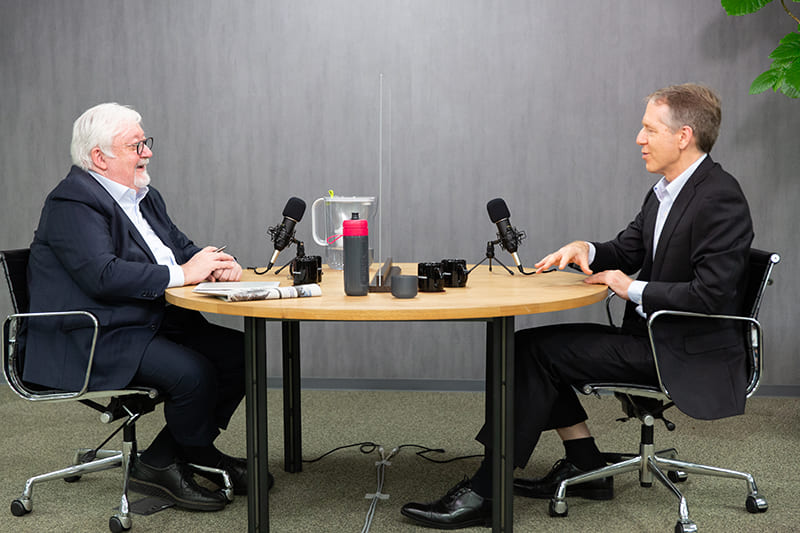
Fighting marine plastic
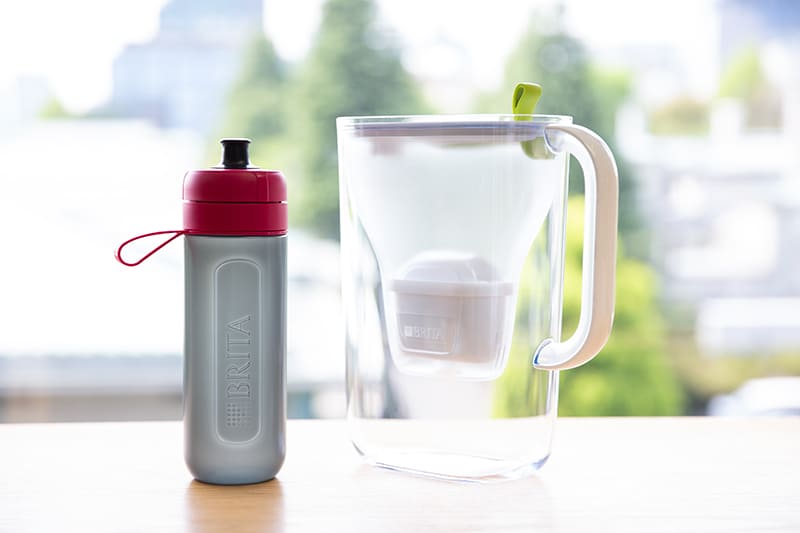
Rowbury and Magee discussed the borderless problem of ocean plastic and how the growing awareness of its devastating effects on marine life is leading to a consumer revolution against too much plastic in everyday products, and how that awareness is putting consumers ahead of the government in terms of action and regulation — as Rowbury put it, “an excellent example of consumers tending to become more apathetic about their democratic vote and turning to their ‘dollar’ vote.”
Magee agreed, but still sees a role for government in solving issues such as ocean plastic and considers the issues even better served if business works in combination with government — what he calls “collective impact,” in which different entities work together toward the same objective.
Magee gave the example of Brita working with Kameoka, the first city in Japan to ban plastic bags, in cleaning up the historic Hozu River, which once was polluted with plastic. In conjunction with the local government, Brita ran seminars on sustainability in high schools and worked with local movements for cleaning up the river. More recently, Brita has begun working with the Osaka Blue Ocean Vision, a prefectural initiative that includes dealing with the problem of ocean plastic.
Brita has developed a convenient lightweight water bottle that filters ordinary tap water into pure-tasting drinking water, avoiding the need to constantly buy water in unsustainable PET bottles and so saving both money and the planet. PET bottles, once considered a modern convenience, are now choking the world’s waterways, contributing to ocean plastic or ending up in landfills — all while contributing to emissions of carbon dioxide.
Brita hopes to provide a more sustainable, cheaper and convenient solution with its portable filtration bottles. While its water jugs were designed to replace 2-liter water bottles, the filtration bottles are a lightweight and portable version designed to replace the ubiquitous 500-ml PET bottles bought from vending machines and stores. According to Magee, one replaceable filter in a Brita bottle can filter up 150 liters of water, replacing 300 PET bottles. That is 300 fewer plastic bottles possibly ending up in landfills, the environment or the ocean.
Taking the next small step

Magee conceded that Brita is a small company with only so much influence, but he referenced some of the conclusions published in its “Sustainability Reports,” which it produces regularly, as to why he remains optimistic: “We specifically say that we don’t agree that small steps don’t count — we are a water company, so we believe that every drop counts, so it’s important that even if it’s not a world-changing move, to still take a step, and if everyone takes a step, it can lead to bigger things.”
So what drives the team at Brita to keep taking these steps? Magee could only guess: “How much more exciting is it to tell your friends and family that you’re working for a company that’s changing the way they drink water sustainably, than saying you work at a water filtration company?”

